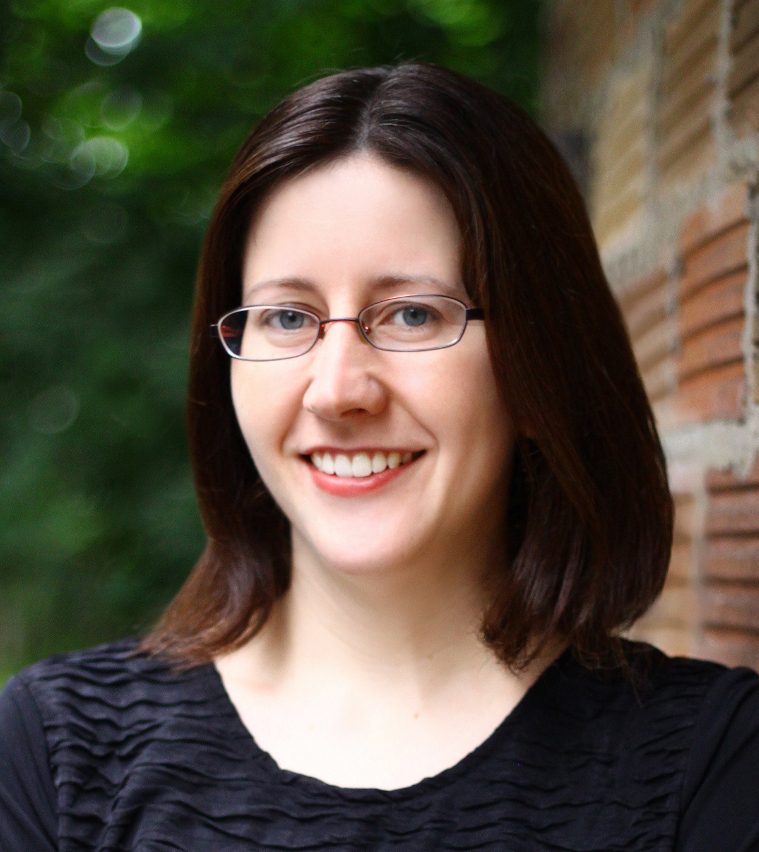RIP Medical Debt presented a plan for Oberlin to cancel Oberlin resident’s medical debt at Monday’s City Council meeting. If the City of Oberlin enters into an agreement with RIPMD, the 501(c)(3) charity could use public funds to buy residents’ medical debt from local hospitals and cancel it.
RIPMD is funded through private donations, grants, and public funds. The organization partners with hospitals and purchases medical debt at a reduced price. To benefit from RIPMD’s program, a patient’s houshold income must not exceed 400 percent of federal poverty level income or medical debt accrued must be worth over five percent of their annual household income. RIPMD has canceled debt in Cleveland, Toledo, and Cook County, IL, with help from the local governments in those areas.
Given Oberlin’s population and demographics, RIPMD estimates the cost of canceling medical debt within the City will fall between $23,000 and $25,000. They can purchase and cancel about $100 of an individual’s debt for only $1. Oberlin has not determined how the purchase of medical debt will be funded. Other larger municipalities have allocated funds from the American Rescue Plan for their debt relief programs, and Oberlin may be applicable for federal funds as well.
Terry Richardson-Sanders, equity coordinator for the City of Oberlin, said that Oberlin became interested in enacting a debt relief program after hearing of the successes in other municipalities.
“In the spring of 2023, the news media ran a story about how the Akron and Toledo City Councils had both received funds for their residents to receive medical debt relief,” Richardson-Sanders wrote in an email to the Review. “After a little research I located the Akron story and reached out to their Ward 1 councilmember who put me in touch with Keith Hearle. Hearle was able to walk me through the debt relief process and how City-directed funds could be used to benefit Oberlin residents.”
Keith Hearle, special advisor at RIPMD, attended Monday’s meeting via Zoom and gave a presentation to City Council explaining the workings of the non-profit and how he believes Oberlin stands to benefit.
Hearle described canceling medical debt as a “win-win-win” scenario, at the meeting. He said that hospitals benefit from receiving payment on outstanding debt, citizens benefit from better access to medical care and more money to spend on necessities, and communities benefit from better community health, greater equity in health care, and a stronger economy.
Richardson-Sanders agreed that the community could benefit from the program, echoing many of Hearle’s talking points.
“It is well-documented that medical debt is widespread, even amongst insured residents,” Richardson-Sanders wrote. “It is more common in communities of color and a contributor to poor physical and mental health. Medical debt often serves as a social determinant of health because patients with burdensome medical debt often delay other needed care.”
City Council gave positive feedback on Hearle’s presentation and expressed interest in working with RIPMD. If Oberlin wishes to work with the non-profit, an agreement will have to be approved by City Council.
RIPMD has already worked with Mercy Health, which runs a branch in Toledo. Hearle said RIPMD’s preexisting agreement with the health care company could speed up the process of purchasing medical debt. According to Hearle and Richardson-Sanders, letters to citizens announcing that their medical debt has been cleared could potentially be sent in February 2024.








